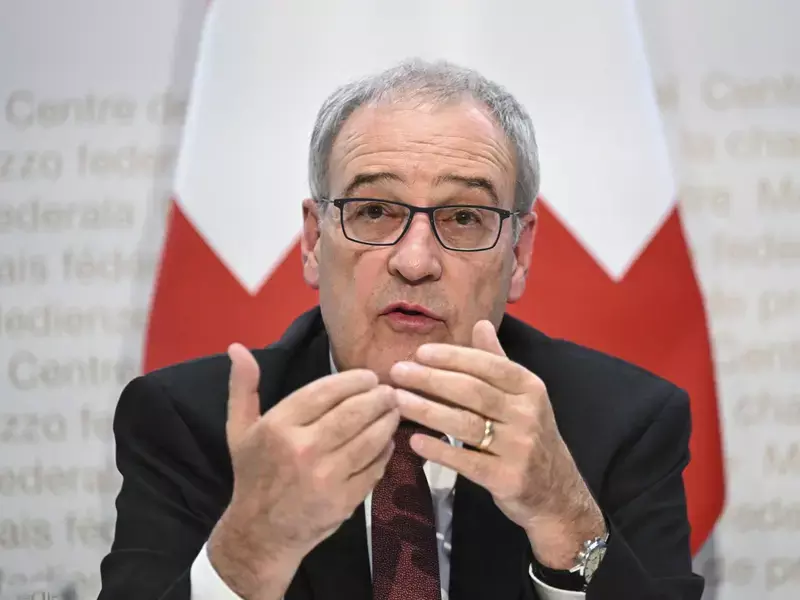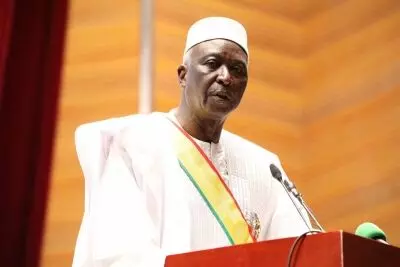
UNSC sends strong words to Mali military demanding release of leaders
text_fieldsWashington: The UN Security Council members expressed their strong resentment over the political development in Mali where the military detained the leaders of the transitional government.
With the bold wordings, the UNSC urged the military to facilitate a safe, immediate and unconditional release of all civilian leaders. The UN body also demanded the return of the military to their barracks without delay.
Reaffirming support to the civilian-led transition in Mali, UNSC called for its immediate resumption, leading to elections and constitutional order within the established 18-month timeline.
UN also called on all Malian stakeholders to prioritise building trust, engage in dialogue and be willing to compromise to achieve these objectives.
Mali's transitional President Bah N'Daw and Prime Minister Moctar Ouane were reportedly taken by force on Monday to the Kati military camp following N'Daw's announcement of his appointment of members of the government on the proposal of the prime minister.
Ndaw and Ouane will be released from detention gradually due to security considerations, said Baba Cisse, special advisor to junta boss Assimi Goita at a press conference later on Wednesday.
The leadership's resignations came as a delegation from the Economic Community of West African States (ECOWAS), led by former Nigerian President Goodluck Ebele Jonathan, who visited Mali to press the military to back down.
According to military sources, Jonathan met Goita, who would have announced his decision to lead the transition from now on with a Prime Minister proposed by the Movement of June 5-Rassemblement des forces patriotiques du Mali (M5-RFP), a political force backing the large demonstration that eventually led to the mutiny last year.
Colonel Sadio Camara, former minister of defence and veterans affairs, Colonel Modibo Kone, former minister of security and civil protection, and influential members of the dissolved National Committee for the CNSP that overthrew then-President Ibrahim Boubacar Keita were not in the new government, which was thought to be the main reason for the leadership's detentions.
The resignation by the leaders of a transitional government could risk plunging the nation into further instability, say experts.






















